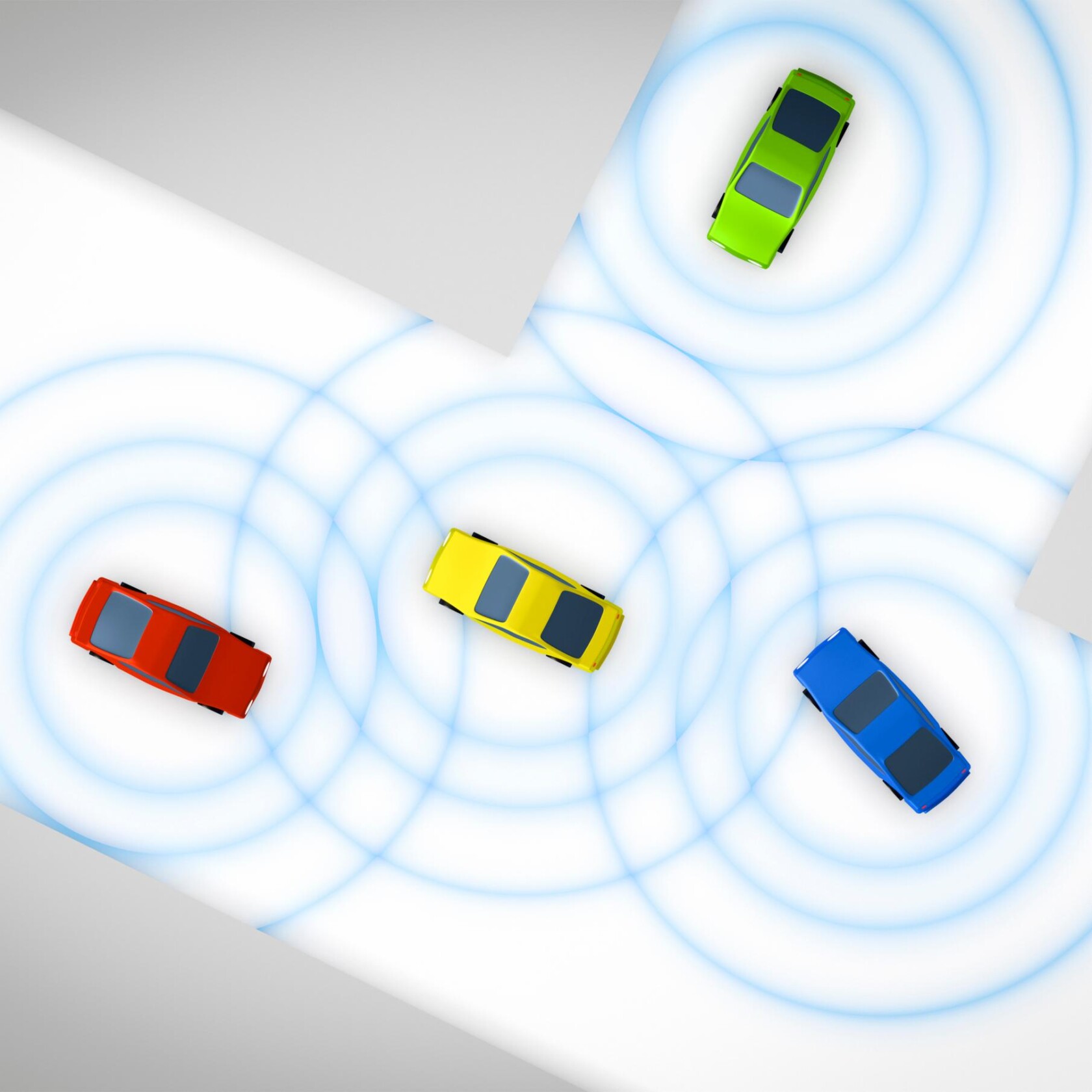
It’s a fact: today’s marketplace has given connected cars the green light. As an OEM or supplier accelerating to create products to meet industry demand, what challenges can you anticipate in 2017? Here’s one area we think you should be focused on…
IP Protection
Perhaps the most valuable asset for companies in advanced technology areas is the protection and defense of the company’s intellectual property. As technologies for connected cars and autonomous vehicle develop, manufacturers are highly concerned about protecting their intellectual property. Questions of who owns the IP, keeping it safe and preventing IP theft can certainly keep one up at night. Here are our top 3 tips for protecting your IP in 2017:
- Have clear company guidelines for capturing IP and deciding the form of protection for it, whether through patent rights, trade secret rights, copyright rights, or the like. The particular mechanisms for keeping the IP safe depend on the form of protection chosen. For example, the company will want to file patent applications as early as possible for patent protection. The company instead may choose trade secret protection, including to take advantage of the Defend Trade Secrets Act of 2016, a newly enacted statute providing for a federal civil cause of action for misappropriation and theft of trade secrets. In that case, the company will want to put in place protectionary measures to carefully guard the confidentiality of trade secrets.
- Obtain IP ownership when your company is involved in joint collaborations. Many advances in connected cars and autonomous vehicles are made through joint collaborations. The transactional agreements need to address the ownership of IP that emerges from such development efforts, and how to handle further technology improvements based on that IP made by either company. While joint ownership is often an option, it creates special challenges and complexities associated with two or more companies having the right to exploit the IP. A related corollary is the freedom for each company to use that IP outside of the joint collaboration, e.g., when developing products with another party.
- Defend against attacks on the company’s products. The disruptive technology of connected cars and autonomous vehicles integrates many technical areas, even more than the technology integration of the computer and cell phone industries in the past decade. Patent holders are finding potential targets in many places, such as computer-hardware or software based or connectivity-based just to name a couple. Companies that face cease and desist letters or lawsuits can use strategies tailored to the situation to defend their product offerings, whether through negotiation, filing certain types of motions in court, or proceedings at the U.S. Patent & Trademark Office to challenge the patents.
For More Information
Of course we believe these tips will help you navigate the IP landscape/data protection in 2017; however, this isn’t a comprehensive list – keeping your IP safe is much more complicated. So we invite you to join us and other industry experts as we further address these topics at Foley’s program titled “Connected Cars: Navigating Top Trends in 2017,” held in Detroit on January 11, 2017.
For additional information on the program and to register, visit Foley.com.

